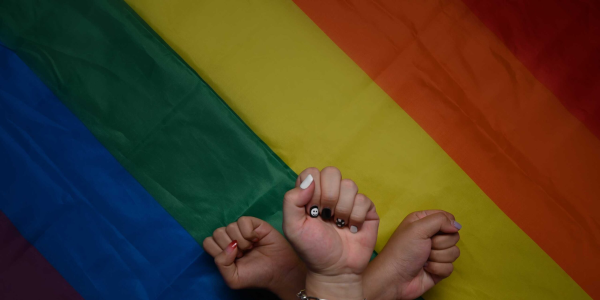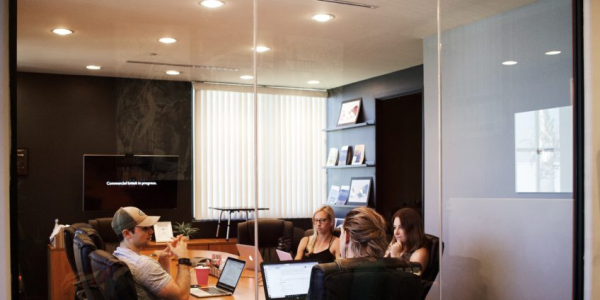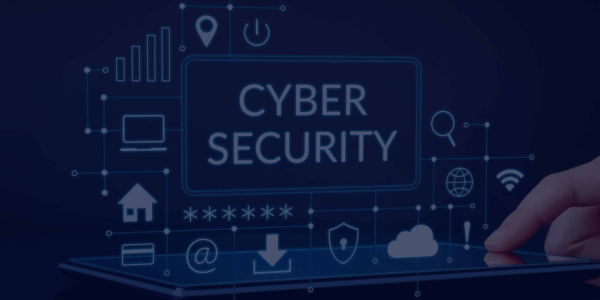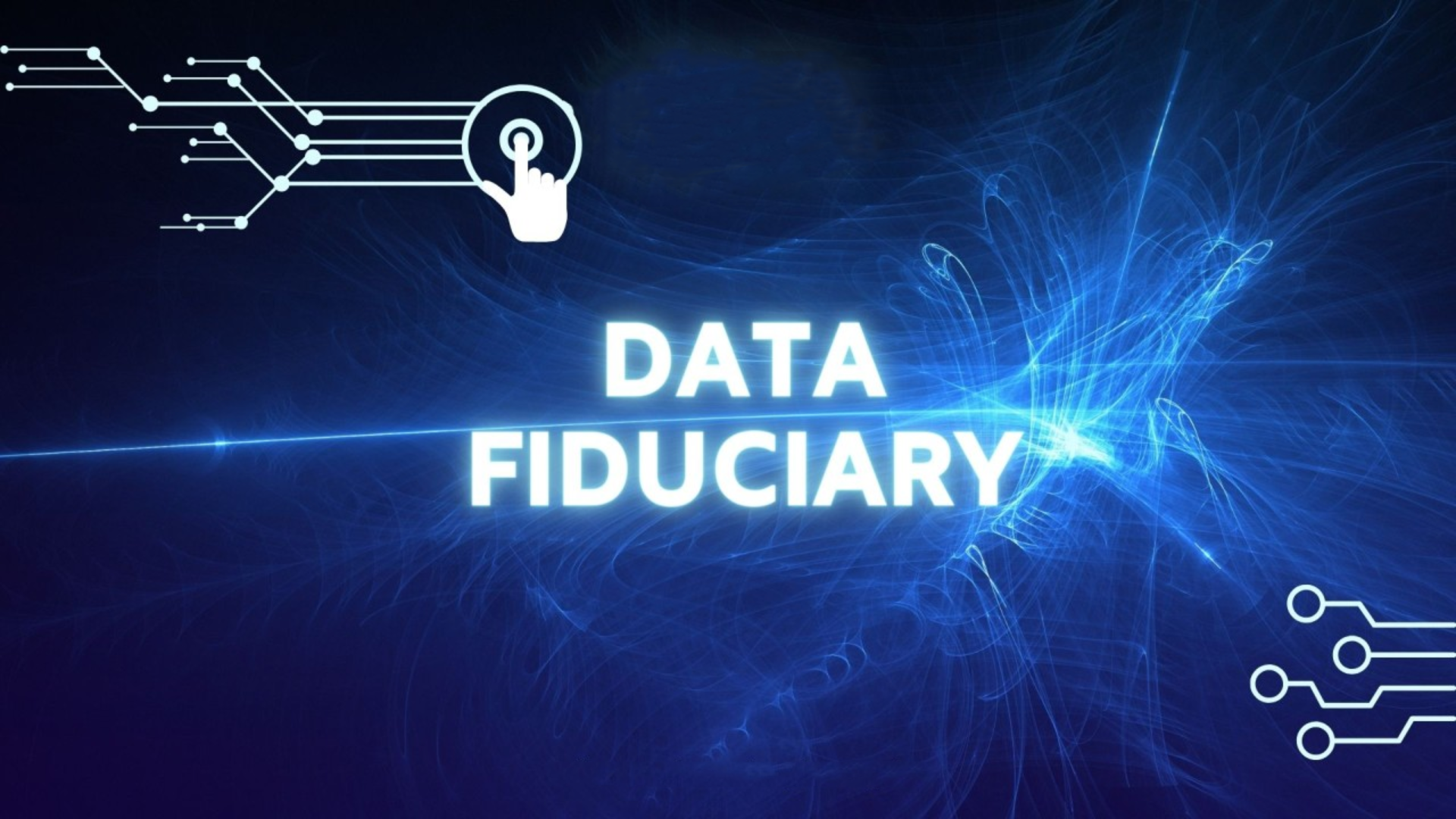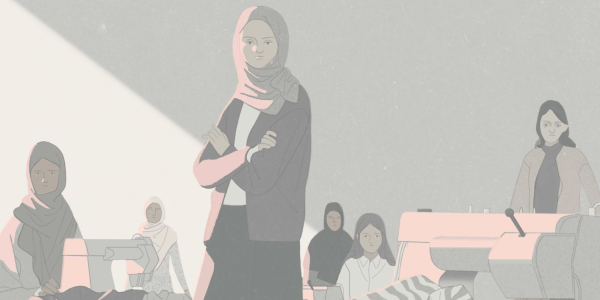When I entered the Pride Revolution of India, I was surprised by how powerful it was to have dialogues and share stories of vulnerability, love, and acceptance. It opened up doors for greater impact through discussions on topics less spoken about and stories buried deep into our hearts.
While the LGBTQ+ Inclusivity movement is kicking into the corporate culture with full force with Pride being celebrated openly, there are few conversations about the needs and experiences of queer people. Today there is a template to celebrate pride month - rainbow wash the logo, have rainbow lanyards, and celebrate Queer employees. But do these really tend to the needs of LGBTQ+ people? Similar limited initiatives may make people feel like their existence as a Queer employee is only a tick mark for D&I and there is little interest in the person per se.
“While my company may appear to be LGBTQ+ Inclusive, it's only limited to rainbow-washing everything that they find they can. I hardly know about who I can reach out to in crisis or whether they even understand my identity as a Gay gender fluid person” says a queer employee who has been in a corporate workplace for over a year now.
After having questioned their identity and sense of worth for the longest time, the corporate world becomes a space where queer people question it yet again. While many of these initiatives around celebrating pride month are a great start, the initiative has to shift towards having more focused conversations about the needs and experiences of queer people and employees.
Pride Sensitization - The Talk
This is where the importance of sensitization comes in. With employees moving in and out of organizations, it becomes a vulnerable space for LGBTQ+ employees to understand what is a safe space and which is not. ‘Once in a year sensitization’ will only lead to partially aware individuals. In fact, we have been witnessing changes in laws, policies, and terminologies within a short period of time, leaving many people clueless about what might be expected of them. It also becomes challenging to navigate a space where sensitized and ‘unsensitized’ people do not share the same wavelength regarding inclusivity.
A great alternative is to weave such conversations into an induction program with regular refresher events where employees can interact with LGBTQ+ people and understand their experiences.
“Knowing that we are actively hiring LGBTQ+ people throughout the year, we believe that it's better to introduce the idea of inclusivity to whoever joins the company on the first day itself. It not just allows us to create a more inclusive workforce but also set in the culture of diversity, acceptance, and empathy” reports Rakesh Sharma, Director of Lilac Insights who has been taking active steps in their D&I journey.
As basic as sex, gender, sexuality, and the pride community might seem, let's not be a know-it-all. I don't promise that I know it completely too. It's a process of unlearning and learning over and over again. While today we may perceive that there are no queer people in the corporate world, the truth might be that conversations around it make them feel safe enough to come out.
Additionally, we are all curious. We want to know what love looks like between people of the same sex or what transitions feel like for a transgender person. But we need to be sensitive about the fact that many of these questions are extremely triggering for LGBTQ+ people and cannot be asked directly. Sensitization around these topics by an informed person will equip people with the knowledge and skills to approach people empathetically.
Going Beyond Just the Corporate World - The Impact
As fundamental as it is, we underestimate the impact of having conversations around LGBTQ+ people’s experiences. Its effects linger on to the lives of Queer and Non-Queer allies, within and outside the company. It not just provides people with an opportunity to deep dive into the intricacies of the pride revolution but also gives them a space to share their personal experiences related to it.
This reminds me of one of my sessions with an organization, where an employee came up to talk to me individually. (Post sessions, people would often bring up their experiences with LGBTQ+ people.) The sensitization session seemed perfectly timed for what this individual was experiencing. This person spoke to me about how she was struggling to support her queer child and hadn't known of resources that she could reach out to. The initiative by the company to have a sensitization session was pivotal in her journey toward accepting and supporting her child. We then had many follow-up conversations, even connecting with the child to understand their perspective on it. While the child and I stay connected via social media even today, her growth is proof that the mother-child duo has come a long way and is an example of the power of awareness, allyship, and acceptance.
If we look at it for what it is, it’s not just about increasing diversity or the inclusion of people from the LGBTQ+ community, but it is also about saliently creating a culture of acceptance, empathy, and open conversations. It opens doors to conversations about identity, mental health, and even individual struggles that we may all have. As cliche as the phrase ‘Our company is our family’ may sound, it is possible only when one can have authentic conversations about their lives where everybody is engaged and invested in each other.
Supporting LGBT+ Employees and Allies - The Celebration
When we talk about celebrating pride, what it really calls for is tending to the needs of people from the LGBTQ+ community. It is about asking ourselves ‘What would really help a person struggling with their identity, or with feeling comfortable in any environment?’ We don't expect people to come out after we indulge in these inclusive initiatives, but we hope that they will feel supported and heard even when they are in the closet. Others may choose to come out - and it would be a critical juncture in their journey.
“Talking about my identity to a couple of my colleagues made me feel supported, heard, and seen. While I chose to not come out to everyone, having people who know about my identity helps me navigate my personal as well as professional journey,” says a queer employee who felt safe after finding refuge amongst a couple of colleagues she confided in.
As we indulge in more conversations, we will have a clearer idea about what the ethos of the company calls for. It can be about inclusive infrastructure, gender-neutral paperwork, diversity in management, equal opportunity, or even mental health resources at the workplace. And while all of this is extremely necessary, we need to be open to learning from our mistakes. In one of the stories I wrote with Rainmaker, I explored the story of a Transwoman Lavanya who encountered insensitivity from a washroom attendant in a corporate office where they had missed sensitizing the attendant staff. But regardless of that, the organization went on to improve its policies by making them more holistic with regard to inclusivity.
We need to be sensitive to the fact that an LGBTQAI+ person might be coming from a space of non-acceptance, dysphoria, intersectional discrimination, or even prior experience of harassment at a workplace. Some may not have access to spaces where they feel safe to express themselves and share a kinship with others. While we need to keep evolving our laws and policies to keep up with the changing times, what will keep us grounded in these changes is being receptive to the idea of sensitivity.
We are all storytellers. And my hope is that no story gets buried deep within us out of the fear of non-acceptance. On our part, we can surely create safe spaces. A space where they can finally be told, heard and respected.
Author Details : Rumi A.K.A. Mx. Ria Sharma
Disclaimer : No information contained in this website may be reproduced, transmitted, or copied (other than for the purposes of fair dealing, as defined in the Copyright Act, 1957) without the express written permission of Rainmaker Online Training Solutions Pvt. Ltd.
